#artist is paul fischer
Explore tagged Tumblr posts
Text
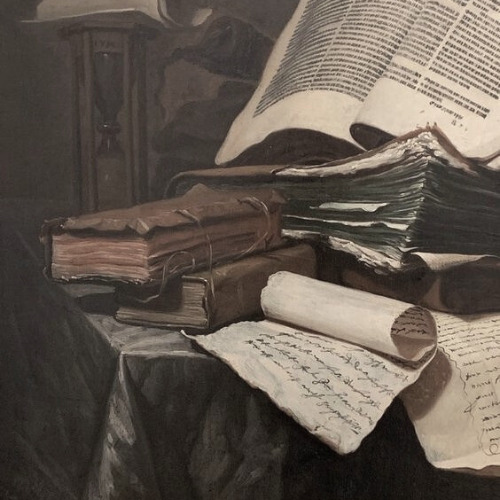





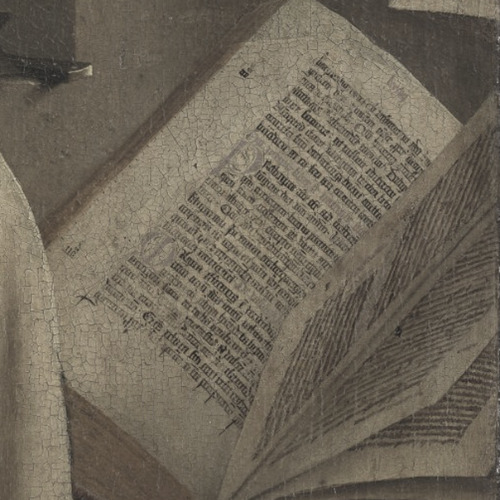
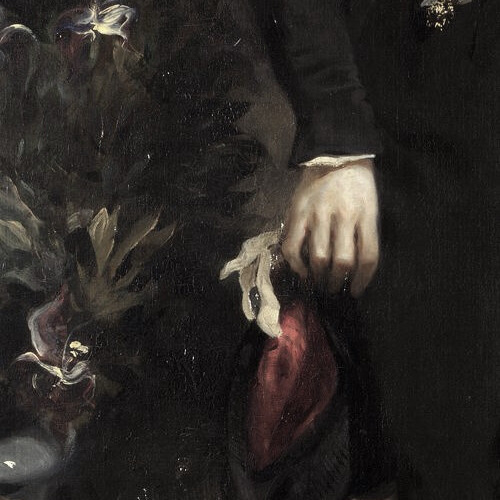
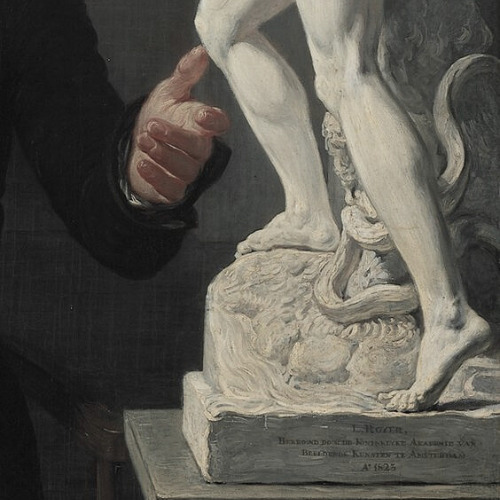
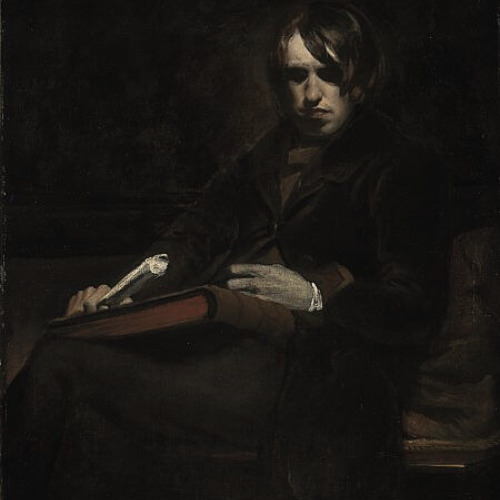


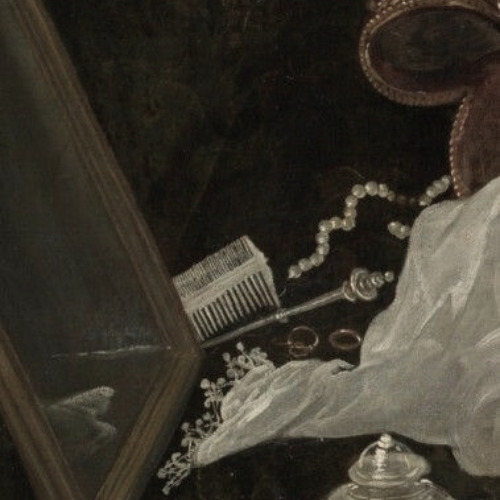


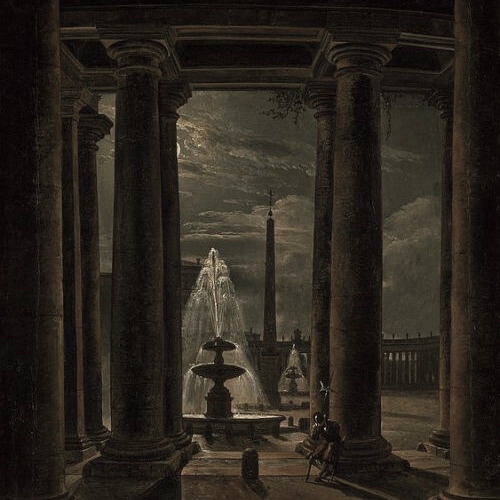
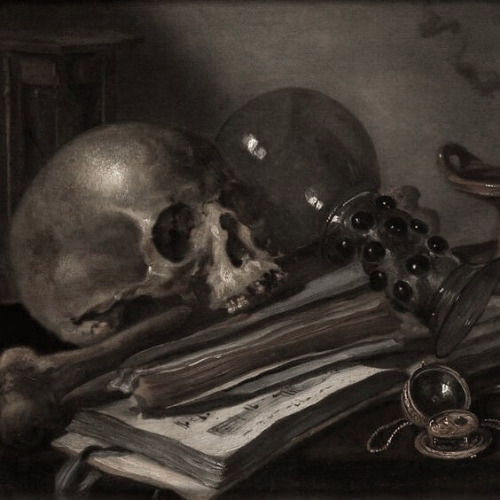
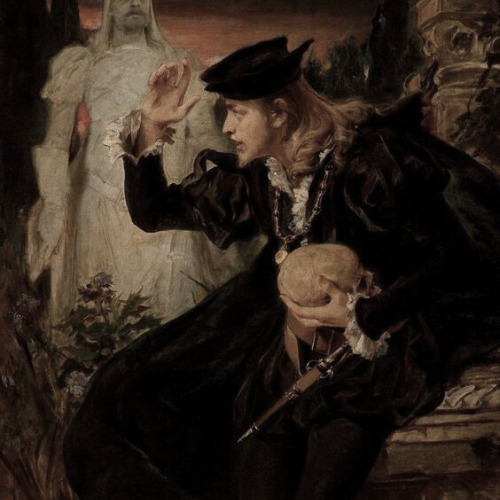
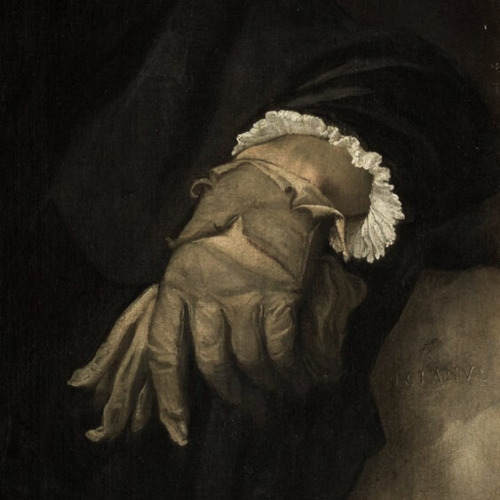

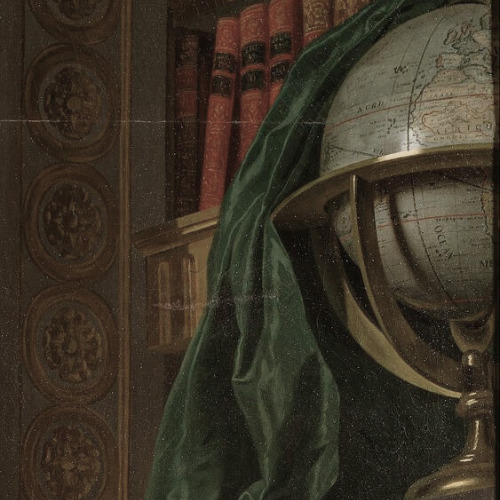



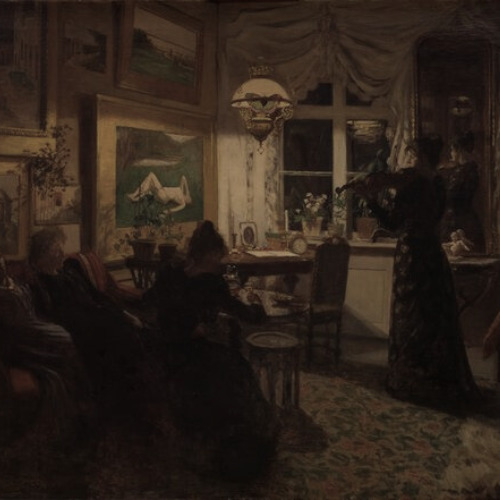
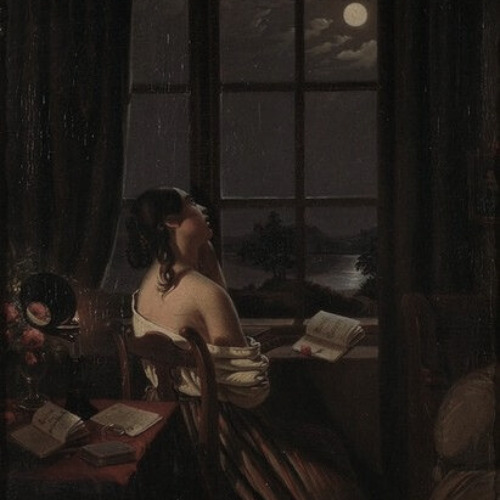


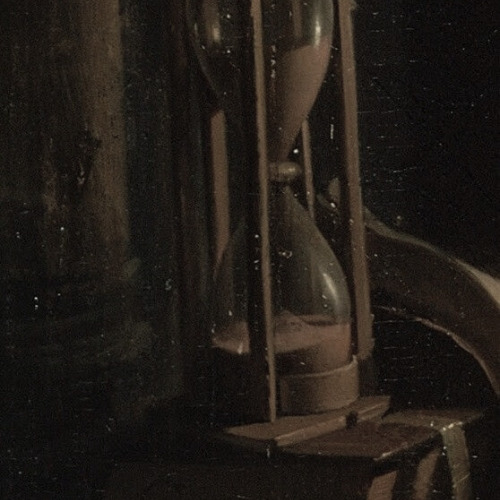

art aesthetics: dark acadmia
#cant find artist#artist is gerrit dou#artist is paul fischer#artist is james carroll beckwith#artist is sir anthony van dyck#artist is nicolas regnier#artist is hubert and jan van eyck#artist is eugene delacroix#artist is jan willem pieneman#artist is sir william fettes douglas#artist is wilhelm bendz#artist is carl holsoe#artist is jacopo tintoretto#artist is thomas wyck#artist is lindsay bernard hall#artist is franz ludwig catel#artist is pieter claesz#artist is pedro americo#artist is titian#artist is giorgio vasari#artist is alexander roslin#artist is jusepe de ribera#artist is anne francoise couloumy#-artist is carl holsoe#artist is anna petersen#artist is peter hasenclever#artist is irving ramsey wiles#artist is georges de la tour#artist is unknown-#art aesthetics
503 notes
·
View notes
Text

Winter Day in Nyhavn - Paul Gustav Fischer. , 1924.
Danish , 1860-1934
Oil on canvas , 33 x 40 cm. 12.9 x 15.7 in.
#Paul Gustav Fischer#danish artist#winter harbour#Copenhagen#Nyhavn#waterfront#winter scenery#winter cityscape#Denmark
240 notes
·
View notes
Text

Copenhagen in the rain, by Paul Gustave Fischer, (D. 1934), a Danish painter.
#danish painting#denmark#copenhagen#danish art#Paul Gustave Fischer#oil painting#street art#arte#artist#art#artwork
47 notes
·
View notes
Text
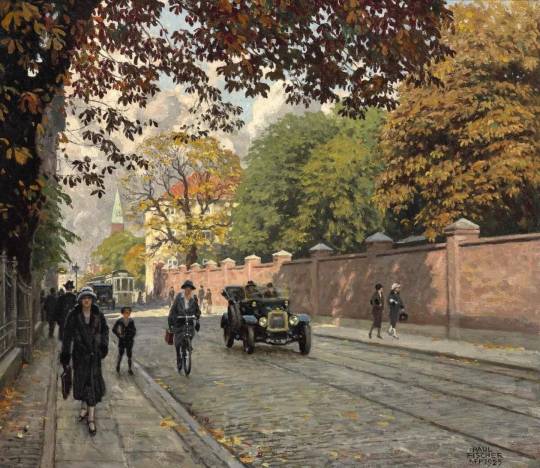
"Autumn on the Street in Copenhagen". 192
By Paul Gustav Fischer. Danish. 1860-1934.
> Rita M Sjöholm > Painters from the North
12 notes
·
View notes
Text

The Flower Market Paul Gustav Fischer (🇩🇰, 1860 – 1934)
#живопись#painting#художник#художники в tumblr#art#woman in painting#beautiful pictures#pacification#artists on tumblr#artist#classical painting#paul gustav fischer
2 notes
·
View notes
Video
Paul Gustav Fischer «Ballerina», 1893 by Art Therapy by Julianna Via Flickr: Oil on canvas; 52.5x35 cm.
#Paul Gustav Fischer#art#artists#art therapy#paintings#woman#portrait of woman#Ballerina#by the mirror#scandinavian#flickr
2 notes
·
View notes
Text
“When you're here don't need to say no more, nothing in the world that i would change it for"

Summer on the beach — Paul Fischer
#louisartbot#louis tomlinson#artaslouis#art#louis tomlinson lyrics#lyric parallels#artists on tumblr#faith in the future#louis tomlinson art#walls#paul fischer
6 notes
·
View notes
Text
Paintings of violins always deserve a reblog!

The artist Gerda Holm, 1903
Paul Gustav Fischer
456 notes
·
View notes
Text

Paul Fischer, Young Women Bathing from The Cliffs
0 notes
Text

1918 "The Artist's Wife Musse and daughter Grethe in Front of the Palace Hotel". By Paul Gustav Fischer.
332 notes
·
View notes
Text

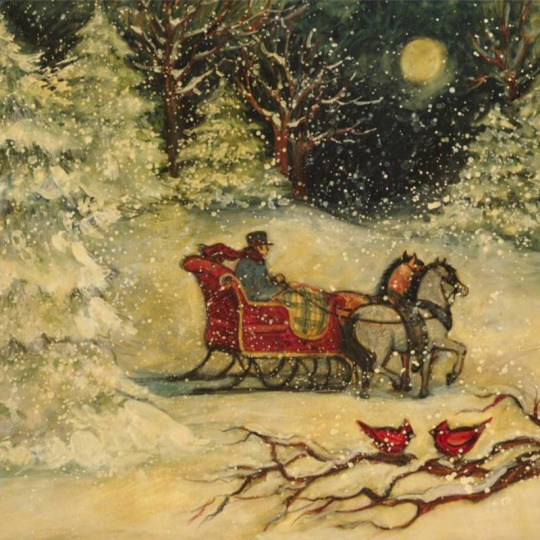
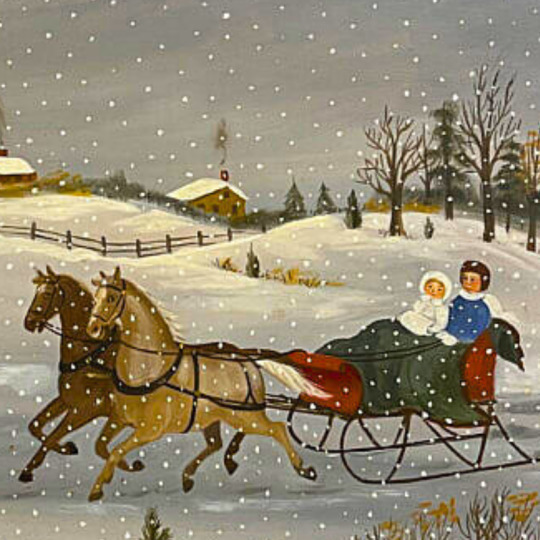
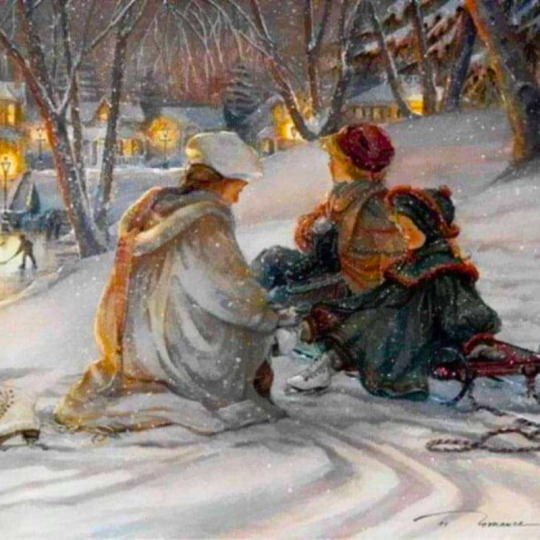

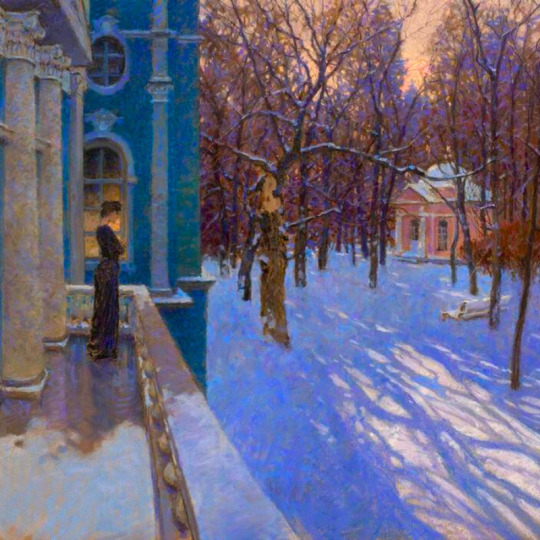
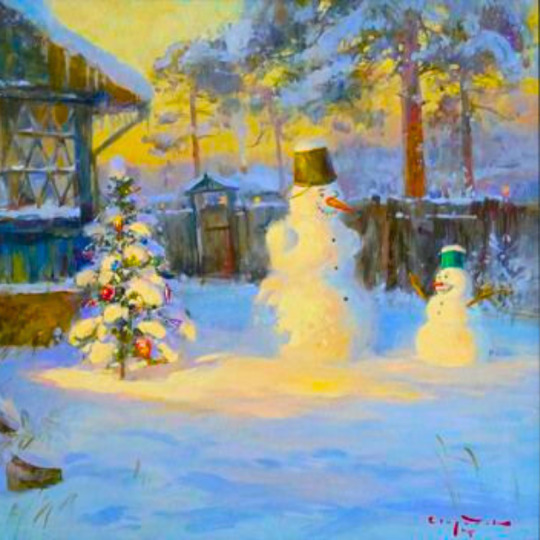

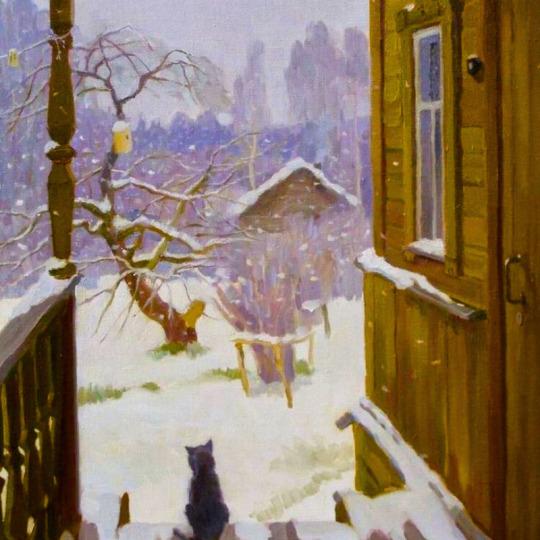






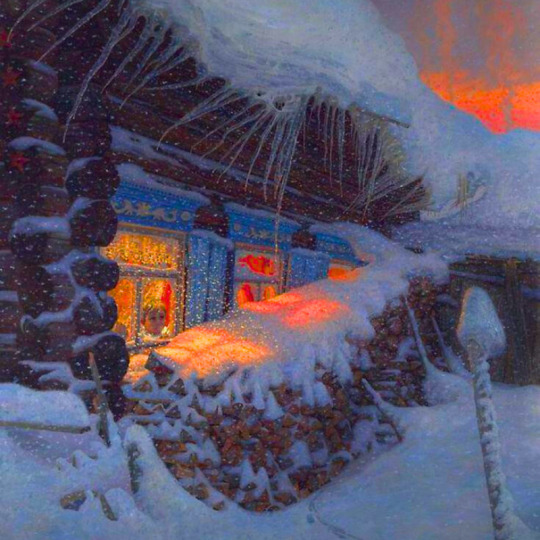
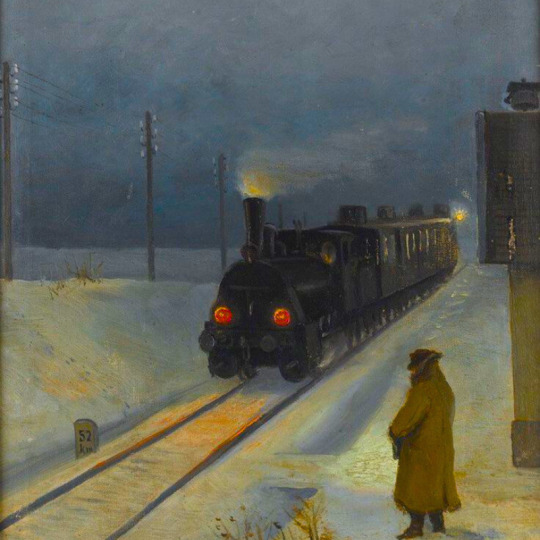

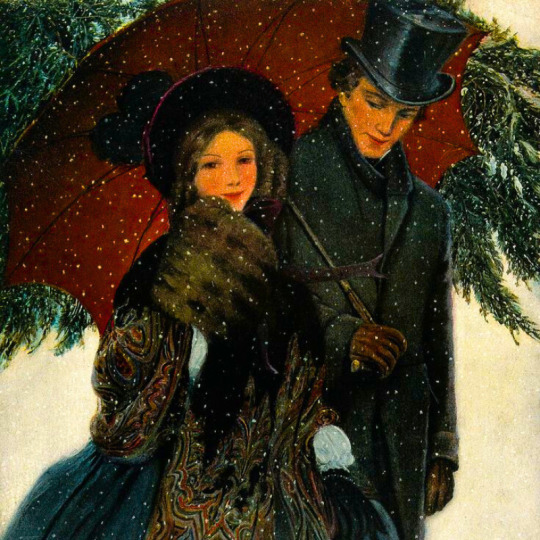
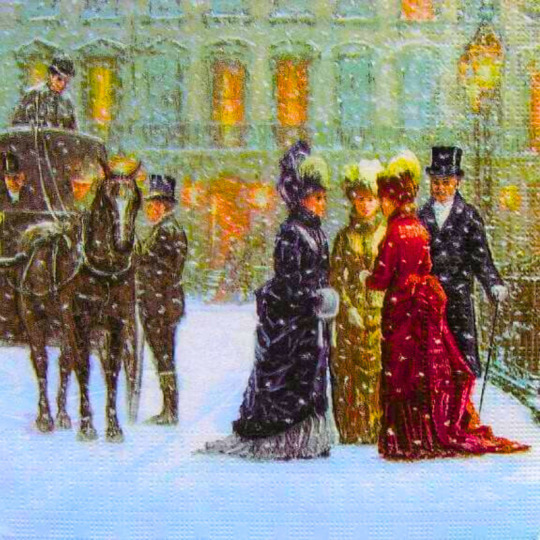
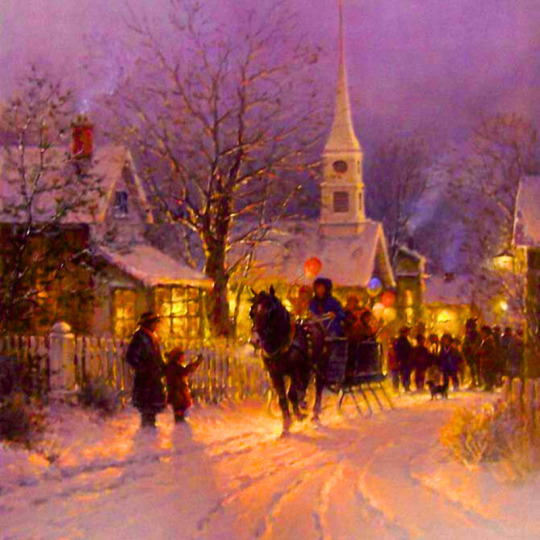
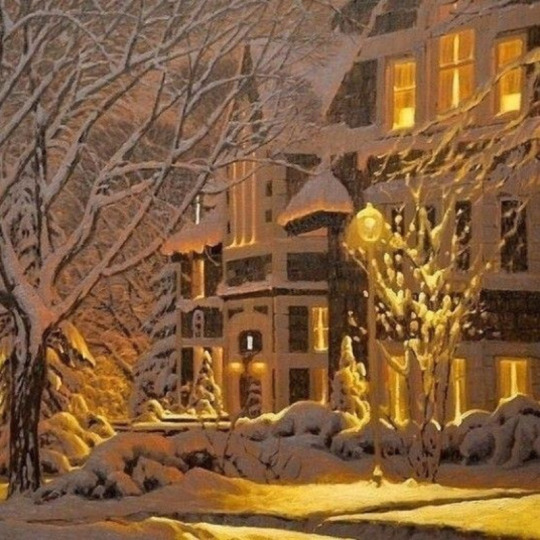

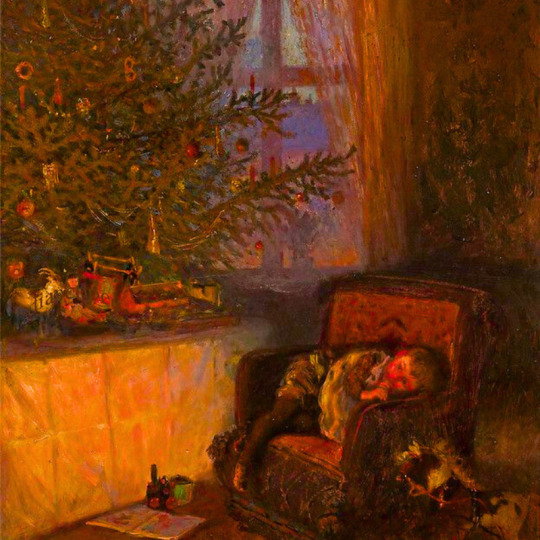

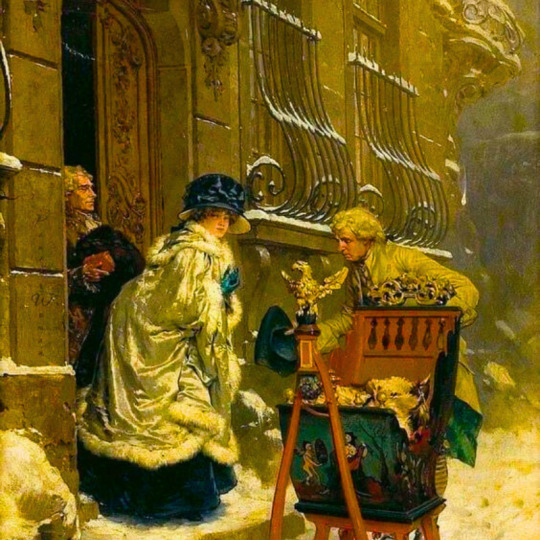
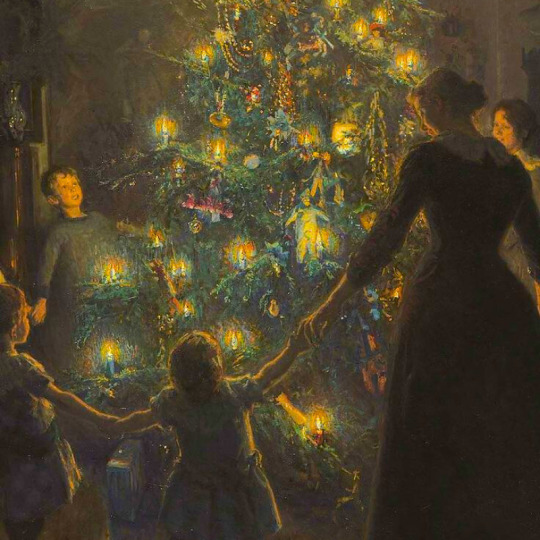



winter + art
#no title but its by henry boughton#i cant find artist or title#winter sleigh ride by martha cahoon#evening skaters by trisha r omance#no title but its by julius von klever#no title but its by sergery ossuik#soon the new year by sergey sviridov#unknown artist#no title no artist#no artist + no title#promenade on a winter day by francois gailliard#bergkapelle in winter by ernst ferdinand oehme#cold winter day by linda jacobus#winter by paul gustav fischer#christmas night by viktor mikhailovich lukyanov#a winter's tale by tatiana yumashnova#the night train by abraham neumann#the north star by sydney laurence#young couple in winter by unknown#between friends by alan maley#no title but by gerald harvey jones#no title but its by richard savoie#no title by anastasiya okhrimemnko#by the quiet hearth by maximilian schaefer#the nutcracker by scott gustafson#no title but by frederik hendrik kaemmer#christmas eve story by johansen viggo#no title by toth gabor#no title by george sheridan knowles#a mansion in the winter by stanislav zhukovsky
735 notes
·
View notes
Text

Evening Atmosphere in Copenhagen with a View from the Marble Church towards Bernstorff's Mansion by Bredgade - Paul Gustav Fischer , 1924.
Danish , 1860-1934
Oil on panel , 20 x 25 cm.
254 notes
·
View notes
Text

Paul Klee (Swiss/German, 1879-1940), Fischer-Scene, September 1931. Watercolour and pen and ink on paper laid down to the artist's mount, image: 41 x 59.2 cm ; mount: 47.9 x 65.2 cm.
206 notes
·
View notes
Text

"Street Scene in Winter. Copenhagen".
By Paul Gustav Fischer. Danish. 1860-1934.
> Freida Wolf > Pientures
6 notes
·
View notes
Text

Paul Gustav Fischer «Morgentoilette (Morning Toilette)»
#paul gustav fischer#живопись#painting#художник#художники в tumblr#art#artist#artists on tumblr#beautiful pictures#classical painting#pacification#woman in painting#female portrait
1 note
·
View note
Text

The artist's wife Musse in a white summer dress standing on the terrace looking at the sunset over the sea, 1915, Paul Fischer
64 notes
·
View notes
